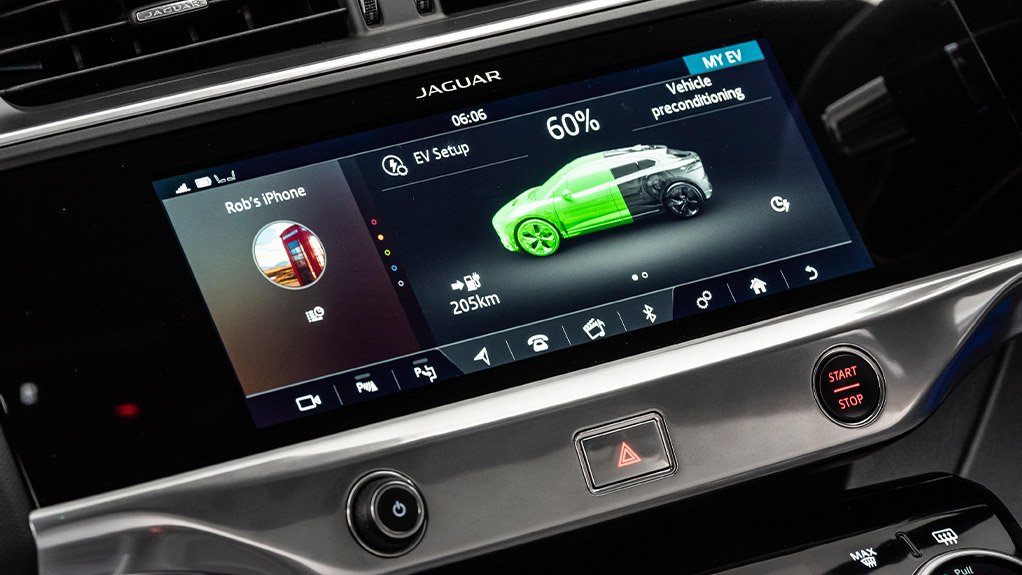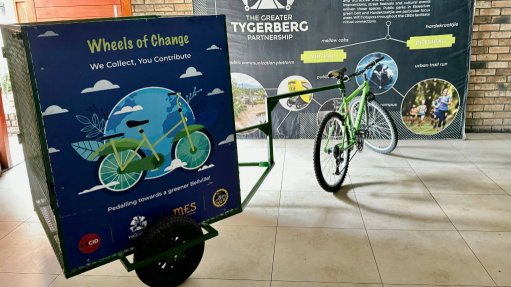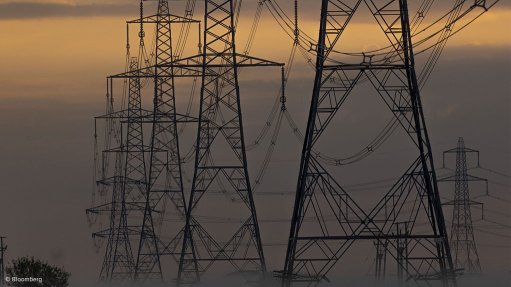EVs of all kinds to overtake ICEs by 2030, says KPMG survey
For the first time in the history of the KPMG Global Automotive Executive Survey, executives think that by 2030 the largest share of vehicles will not be powered by an internal combustion engine (ICE).
Executives also feel that fuel-cell electric vehicles (FECVs), battery-electric vehicles (BEVs), plug-in hybrid-electric vehicles (PHEVs) and ICE vehicles will all coexist and complement each other.
What is also significant is that 84% of executives think that FCEVs will soon experience their breakthrough in industrial transportation (at mines, factories, and so forth) – a 5% increase compared with 2019.
The 2020 survey interviewed more than 1 150 executives and more than 2 000 consumers from 30 countries, South Africa included.
The survey found that purchase price remains the biggest entry barrier for consumers for BEVs, while providing a hassle-free and a seamless charging experience will also be essential.
According to the survey, consumers still seem to focus primarily on the purchase price of a car (which will be further enforced owing to the Covid-19 pandemic), but neglect total cost of ownership (TCO) advantages offered by e-mobility, such lower maintenance, and lower fuel costs.
Range is the joint second most important factor worldwide in this year’s results. The survey notes that this may become the most important factor in the future, if prices for BEVs continue to fall owing to higher production volumes.
This can already be observed in China, where BEVs have developed very rapidly, resulting in falling prices.
As a result, this year, 51% of Chinese consumers rate range as the biggest entry barrier for BEVs, with price only in third place, at 15%.
The unresolved infrastructure question, however, continues to pose a major challenge for the breakthrough of BEVs.
This year, 69% of executives agree that this challenge will lead to the failure of pure BEVs, which is a 14% increase since last year.
According to the survey, 84% of consumers see the responsibility for charging infrastructure as belonging to vehicle manufacturers.
But . . . What Does BEV Charging Really Cost?
As TCO remains an important factor in the choice between ICEs and BEVs, the evolution of charging costs remains highly relevant for the future success of BEVs, notes the KPMG survey.
“Our comparative analysis of fuel types between 2017 and 2019 in Germany shows that the carbon dioxide equivalent well-to-wheel footprint of ICE-powered
vehicles has decreased significantly, approaching that of hydrogen-powered vehicles.
“This trend will become more pronounced in the future, as downsizing engines and improving efficiency remains a high priority in the automotive industry.
“On the BEV side, continuously increasing electricity prices have had an impact on the price of BEV charging. It can be clearly seen that infrastructure providers have significantly increased their prices for quick-charging on German highways, which
makes charging a BEV during long-distance travel as expensive as refuelling an ICE-powered vehicle.”
The KPMG survey noes that the recent drop in crude oil prices owing to Covid-19
also lowers the cost of fuel for ICE vehicles powered by diesel and gasoline, resulting in lower costs in US dollar/km compared with BEV quick-charging.
“This development, combined with increased TCO thinking, is likely to lead to suppressed consumer demand for a transition to plug-in electric powertrains in the short to medium term,” notes the survey.
“As home charging remains low-cost, however, BEVs will be used in urban environments in the short term, offering customers a significant TCO benefit for short-range vehicle usage.”
Autonomous Vehicles
Seventy-seven percent of executives that participated in the 2020 KPMG Global Automotive Executive Survey agree that mixed traffic between autonomous and non-autonomous vehicles will lead to severe safety issues and liability claims.
KPMG believes that autonomous vehicles will only be truly successful in isolated regions – islands of autonomy – where each vehicle follows the same set of rules,
grounded in bionic swarm intelligence.
Both executives and consumers taking part in the KPMG survey believe that fully autonomous vehicles are further from being implemented than originally predicted.
More than one in five executives do not believe in the adoption of autonomous vehicles before 2040.
With the economic impact of Covid-19 reinforcing TCO-driven thinking, KPMG says it believes that the uncertainty surrounding the application of autonomous vehicles is only likely to increase in the short to medium term, as the focus of consumers shifts to only necessary, as well as tried-and-tested, technologies.
Only the arrival of fully self-driving (Level 5) cars will mark the true breakthrough of autonomous technology.
Among consumers, 80% of Chinese respondents think that fully autonomous vehicles will be operational on roads by 2030. This is in strong contrast to Western Europe, where only 47% of consumers believe that fully autonomous vehicles will be operational on roads by 2030.
Comments
Press Office
Announcements
What's On
Subscribe to improve your user experience...
Option 1 (equivalent of R125 a month):
Receive a weekly copy of Creamer Media's Engineering News & Mining Weekly magazine
(print copy for those in South Africa and e-magazine for those outside of South Africa)
Receive daily email newsletters
Access to full search results
Access archive of magazine back copies
Access to Projects in Progress
Access to ONE Research Report of your choice in PDF format
Option 2 (equivalent of R375 a month):
All benefits from Option 1
PLUS
Access to Creamer Media's Research Channel Africa for ALL Research Reports, in PDF format, on various industrial and mining sectors
including Electricity; Water; Energy Transition; Hydrogen; Roads, Rail and Ports; Coal; Gold; Platinum; Battery Metals; etc.
Already a subscriber?
Forgotten your password?
Receive weekly copy of Creamer Media's Engineering News & Mining Weekly magazine (print copy for those in South Africa and e-magazine for those outside of South Africa)
➕
Recieve daily email newsletters
➕
Access to full search results
➕
Access archive of magazine back copies
➕
Access to Projects in Progress
➕
Access to ONE Research Report of your choice in PDF format
RESEARCH CHANNEL AFRICA
R4500 (equivalent of R375 a month)
SUBSCRIBEAll benefits from Option 1
➕
Access to Creamer Media's Research Channel Africa for ALL Research Reports on various industrial and mining sectors, in PDF format, including on:
Electricity
➕
Water
➕
Energy Transition
➕
Hydrogen
➕
Roads, Rail and Ports
➕
Coal
➕
Gold
➕
Platinum
➕
Battery Metals
➕
etc.
Receive all benefits from Option 1 or Option 2 delivered to numerous people at your company
➕
Multiple User names and Passwords for simultaneous log-ins
➕
Intranet integration access to all in your organisation



















